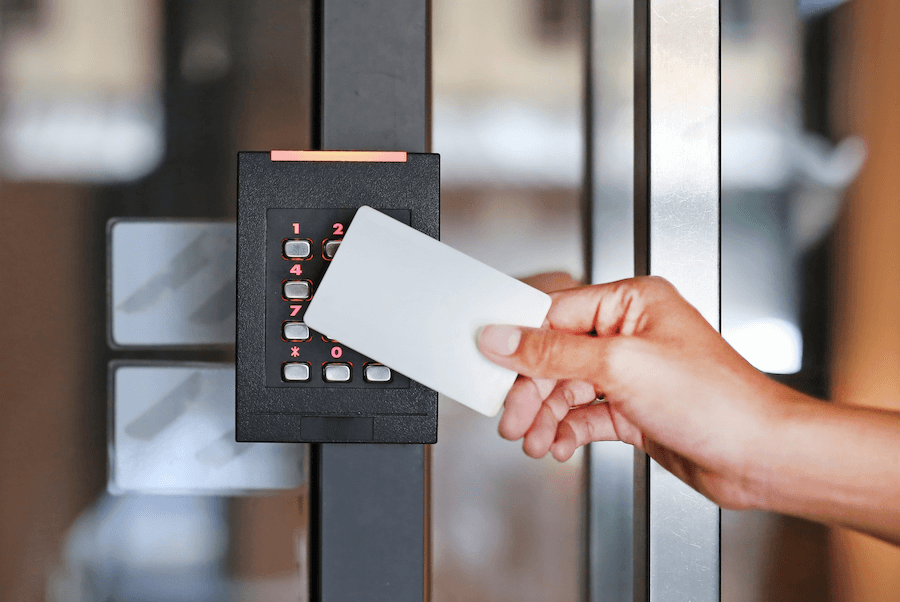Today mergers and acquisitions (M&A) have become increasingly common as companies need their operations to achieve strategic goals. However, it depends on numerous processes like: due diligence, secure document sharing, collaboration etc.
Secure virtual data rooms for mergers and acquisitions is one of the main questions here. They simplify the M&A process, offering an efficient platform for data management. In this article, we will search the advantages of virtual data rooms for mergers and acquisitions and how they can significantly upgrade the M&A process.
Due diligence for mergers and acquisitions
Due diligence is an essential activity in mergers and acquisitions. In the M&A process, due diligence allows the buyer to confirm information about the seller (finances, customers, contracts etc). By gathering this information, the buyer is better prepared for making the right decision.
Traditionally, due diligence involved a great amount of paperwork, physical data rooms, and face-to-face meetings. These processes make the work less productive and effective.
Today the digital age makes data room virtual that has brought a great transformation to this process. Virtual data rooms have developed as a powerful solution to streamline the due diligence process in M&A deals. A virtual data room is a secure online repository for storing and sharing sensitive documents and information related to a merger or acquisition. By providing a secure and organized environment for data management, virtual data room due diligence has become indispensable in facilitating a smoother M&A experience.
Understanding the M&A process
Before delving into the benefits of virtual data rooms in the M&A process, it’s essential to understand the various stages and complexities involved in M&A deals.
- Initial planning and strategy: M&A deals begin with the strategic planning and decision-making process. Companies point out potential targets, estimate their unity with their own business goals, and establish the initial basic work for the deal.
- Due diligence: This is the main stage where the buyer checks-out the critical aspects of the company, such as: finance, legalization and operation. It involves a thorough review of financial statements, contracts, intellectual property, personnel, and any potential risks.
- Valuation: Companies determine the value of the target company. Valuation can be done using various methods, such as the discounted cash flow analysis, market comparables, or asset-based valuation.
- Negotiation and deal structuring: Once due diligence is completed, negotiations begin. This phase involves setting the terms of the deal, including the purchase price, payment structure, and any conditions or warranties.
- Legal documentation and agreements: Lawyers draft legal documents, including those that lay out the terms of the transaction. These documents must be analyzed and agreed by all parties involved.
- Regulatory approvals: Depending on the industry and location, mergers and acquisitions deals may set approval from regulatory authorities. Compliance with antitrust, securities, and other regulations is essential.
- Closing: The deal is finalized, and ownership of the target company is transferred to the buyer. This includes transferring assets, contracts, and employees, and ensuring a smooth transition.
- Post-merger integration: After the deal is closed, the buyer must integrate the acquired company into its operations. This can be a complex process involving changes in management, culture, and processes.
Advantages of virtual data rooms for mergers and acquisitions
Now, let’s take a closer look at some of the most significant advantages of virtual data rooms — from security to document management, accessibility, reporting, and more:
- Security: M&A offers a good level of security and this is one of the primary advantages of using a virtual data room for mergers and acquisitions. These platforms use advanced encryption and access control measures to be sure that only authorized individuals can view and download documents. Dealing with highly sensitive information during M&A transactions the heightened security is pivotal.
- Access control: Virtual data rooms allow administrators to set different levels of access for various users. This means that you can control who sees what, ensuring that only the right people have access to specific documents. This granular control is essential when sharing confidential information during an M&A deal.
- Reduced risk of data breach: Data breaches can cause significant harm to an organization. Traditional methods of sharing documents are more inclined to data breaches, while virtual data rooms make a secure and controlled environment, reducing the risk of data leaks or unauthorized access to sensitive information.
- Efficient document management: Virtual data rooms are designed to make document management and organization much easier. Users can categorize documents, apply metadata, and search for specific information quickly. This efficiency is invaluable during due diligence, where large volumes of documents need to be reviewed.
- Streamlined collaboration: M&A deals typically involve multiple parties, including legal teams, financial advisors, and executives. Virtual data rooms provide a centralized platform where all stakeholders can collaborate in real-time, share insights, and discuss findings. This streamlines the decision-making process and accelerates deal progress.
- Cost savings: While virtual data rooms require an initial investment, they often lead to significant cost savings in the long run. Eliminating the need for physical data rooms, printing, and postage can result in substantial financial benefits. Additionally, the time saved in due diligence can help close deals faster.
- Global accessibility: Virtual data rooms enable global access to documents. This is particularly advantageous for international M&A deals, where parties may be located in different parts of the world. With a virtual data room, stakeholders can access critical information from anywhere with an internet connection.
- Audit trail and reporting: Virtual data rooms provide an audit trail of all user activity. This feature ensures transparency and accountability, as it records who accessed documents and when. It can be invaluable for compliance and legal purposes.
- Version control: Keeping track of document versions is essential during M&A deals. Virtual data rooms offer version control features, allowing users to see the most recent versions of documents and track changes over time.
- Time efficiency: The due diligence process in M&A deals can be time-sensitive. Virtual data rooms expedite the process by reducing the time spent on administrative tasks, document distribution, and physical meetings. This accelerates the deal timeline, potentially giving you a competitive advantage.
Conclusion
Virtual data rooms have transformed the landscape of mergers and acquisitions deals by providing a secure and streamlined platform for managing sensitive information. Companies can ensure smoother and more efficient deal execution, ultimately leading to better outcomes for all stakeholders involved.








